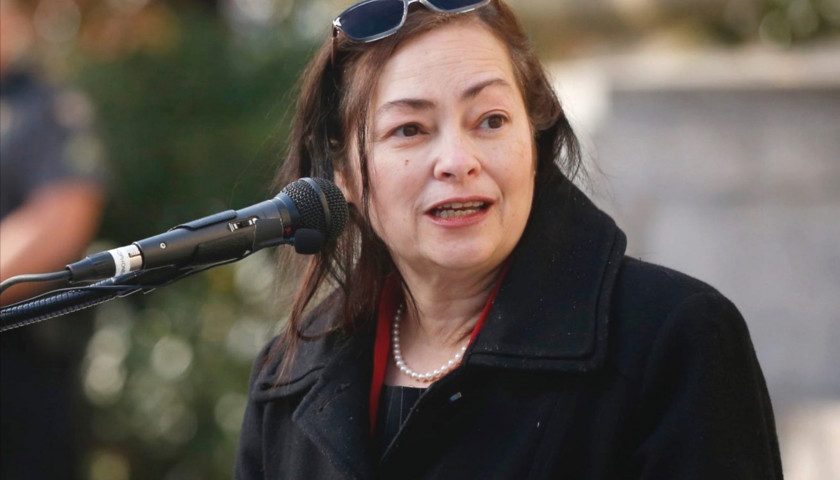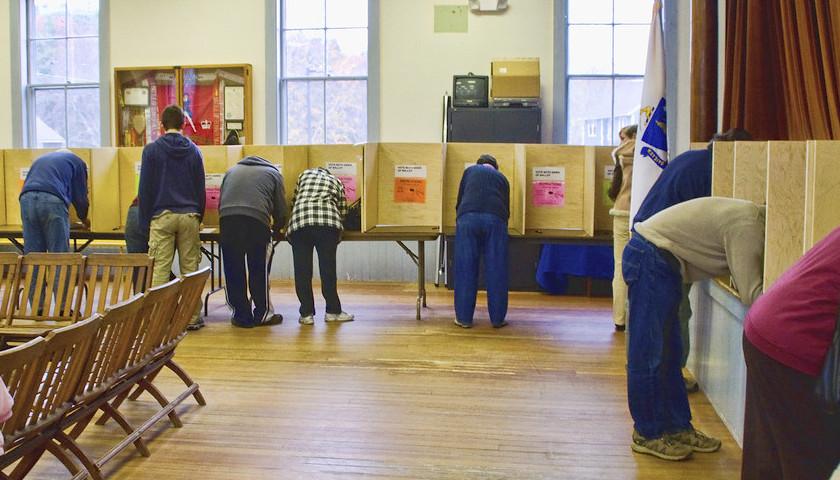District Attorney Deborah Gonzalez implemented over 40 new policy changes posing alternative, more progressive forms of prosecution. In a lengthy memorandum titled “Fairness and Equity in the Western Judicial Circuit District Attorney Office,” Gonzalez stated that the changes would take effect immediately.
Gonzalez cited that these efforts would end their circuit’s “participation in mass incarceration and the school to prison pipeline.”
“We will continue to develop alternatives to incarceration, alternatives to probation, alternatives to sentencing, and alternatives to conviction,” wrote Gonzalez. “We will decline to prosecute where we find it is not in the interest of justice to do so, and we will seek non-incarceration sentences before we determine that, in a given case, incarceration is the only appropriate sentence, always aware that incarceration is, by definition, destructive of personal integrity and human potential, destructive of family communities, inefficient and vastly more expensive than other paths.”
Among the sweeping changes, Gonzalez said her office won’t charge for simple possession of user-quantities of drugs, charge for multiple crimes “if and when one crime accounts for all the facts and circumstances of an event,” require bail for nonviolent offenders and certain violent offenders, or seek the death penalty. Further, she stated that her office would expand diversion programs, account for “collateral consequences” when charging undocumented individuals, expand restorative justice programs, promote alternatives for juvenile prosecution, and reduce probation maximums.
Gonzalez divided her sprawling reform goals into thirteen components: charging, diversion, bail, discovery, pleas, sentencing, reduced use of probation, probation violations, costs and benefits of sentencing, juvenile, expungements, other considerations in charging and prosecution, and transparency.
Georgia ranks as having the eighth-highest incarceration rate in the nation; averaging over 500 individuals per 100,000 as being incarcerated. The Bureau of Justice Statistics within the U.S. Department of Justice reported that the total number of prisoners in 2019 was just under 55,000, over 90 percent of which were males.
The memorandum didn’t include any information as to the research supporting its claims of fact; The Georgia Star News requested access to the data that the district attorney had relied on. Gonzalez’s office didn’t respond by press time.
– – –
Corinne Murdock is a reporter at The Georgia Star News and the Star News Network. Follow her latest on Twitter, or email tips to [email protected].
Photo “Deborah Gonzalez” by Deborah Gonzalez.





